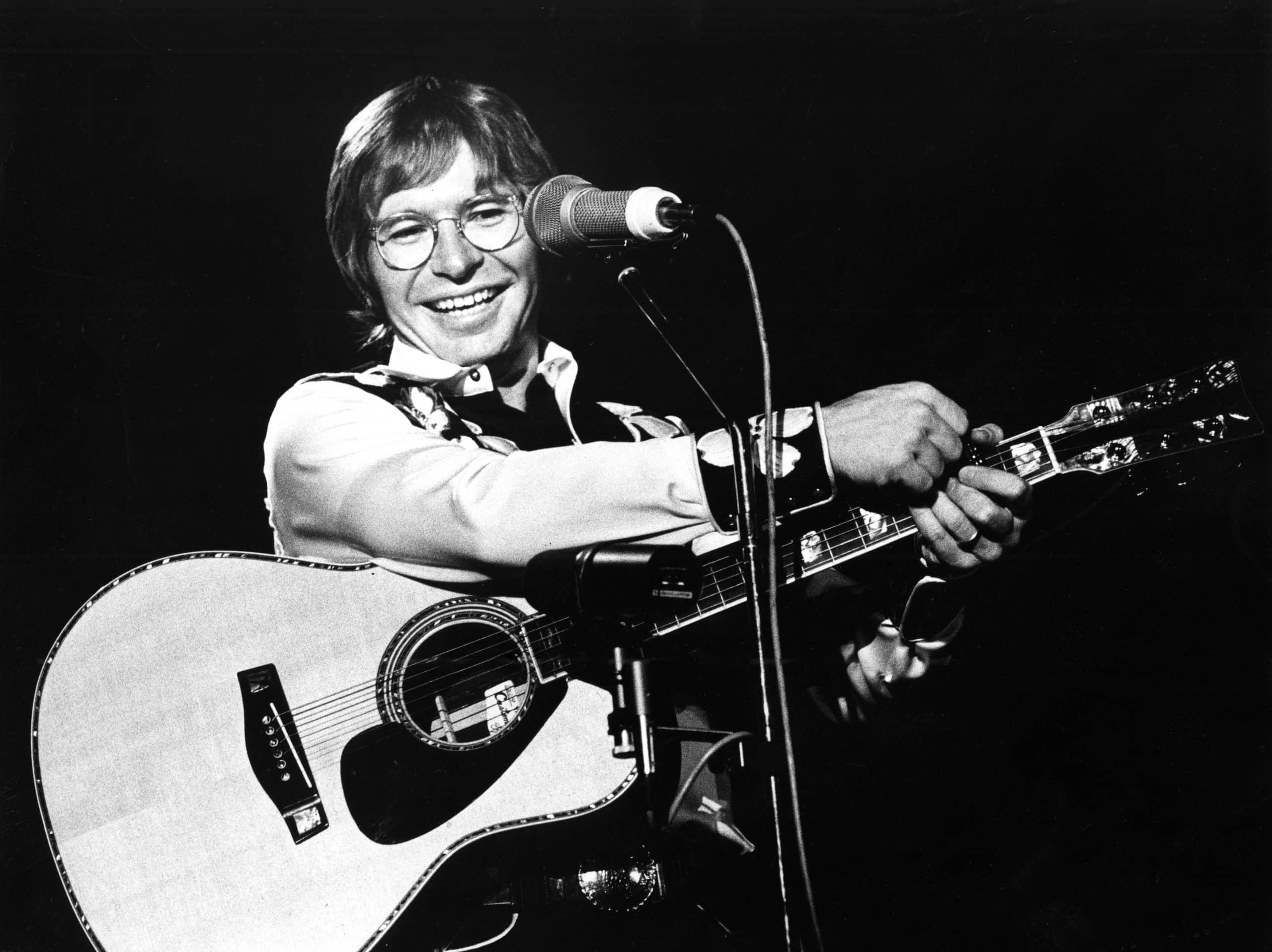John Denver’s Iconic Song, “Take Me Home, Country Roads,” Was Meant For Johnny Cash Instead
You would be stunned to hear who was originally supposed to sing some of your favorite songs. That includes “Take Me Home, Country Roads” by John Denver.

RELATED: 8 COUNTRY SONGS THAT WERE ALMOST RECORDED BY OTHER ARTISTS
Brad Paisley and Alison Krauss’ “Whiskey Lullaby” was originally placed on hold by the Dixie Chicks. Miranda Lambert’s “The House That Built Me” was going to be Blake Shelton’s. Carrie Underwood’s “Jesus, Take the Wheel” was first offered to Sara Evans.
Those are just a few examples. But we’d like to go deeper when it comes to the history behind “Take Me Home, Country Roads.”
The Story Behind The John Denver Song
Released in 1971 by Denver, “Take Me Home, Country Roads” was a smash hit on all fronts. It claimed the second spot on the Hot 100, the third spot on the Adult Contemporary chart, and the 50th on the Hot Country Singles chart.
The latter achievement was especially remarkable. Reason being? Denver was known as a folk artist, not a country singer.
The song’s influence reached far beyond the decade in which it was released. In 2014, it was named the official state anthem of West Virginia. Then, in 2016, it was one of three songs sampled in the all-star mashup “Forever Country.” The mashup celebrated the CMA Awards‘ 50th anniversary.
Additionally many artists have covered the song through the years. It has also played in commercials, movies, and much more.
In summary, you’d be hard-pressed to find anyone who has never heard “Take Me Home, Country Roads.”
“Take Me Home, Country Roads” Was Written For Johnny Cash
But if the original two songwriters had their initial wish, Denver never would have been the one singing of West Virginia being “almost heaven.” The song was never meant for him, and was supposed to go to a major country music star instead.
Songwriters Bill Danoff and Taffy Nivert were the ones who first started writing “Take Me Home, Country Roads.” It wasn’t a quick write for them. But even before the song was finished they knew who they wanted to sell it to…Johnny Cash.
The two writers were hopeful the “The Man in Black” would pick up the song. They didn’t have anyone else in mind for it.
That’s how they presented the song to Denver after a show in late 1970. They told him it was something they wrote for Cash over the course of a month.
After the writers played “Take Me Home, Country Roads” for Denver, he was blown away. “I flipped,” Denver said, as quoted by his biographer John Collins in John Denver: Mother Nature’s Son.
How John Ended Up Recording The Song Instead – And Made History
Denver loved the song so much, he started sharing ideas of his own. He, Danoff, and Nivert worked until six in the morning on the song.
By then, Danoff and Nivert knew they couldn’t pitch the song to Cash as they planned. They offered it to Denver, and he gladly accepted.
In fact, he was so passionate about the tune, he decided to feature it on his next album. True to his word, “Take Me Home, Country Roads” appeared on Denver’s next record, titled Poems, Prayers & Promises.
John Denver's "Poems, Prayers, & Promises" was released 45 years ago this month. Listen: https://t.co/j33sQbsa1D pic.twitter.com/wU7q0ML8gS
— Legacy Recordings (@SonyLegacyRecs) April 15, 2016
If Danoff and Nivert had kept the promise to sell “Take Me Home, Country Roads” to Cash, it would have been an entirely different song. His sound was the polar opposite of Denver’s. You can’t help but wonder how his deep, bellowing voice would have complemented the lyrics.
Speaking of lyrics, the song never would have existed in its current form without Denver either. All this, because he chipped in and became the third co-writer.
Although Danoff and Nivert’s never planned to give their song to Denver, his passion for it was hard to ignore. They took a chance with him, but that chance paid off.
Now when people think of Denver, “Country Roads” will always be the first song to come to mind.

